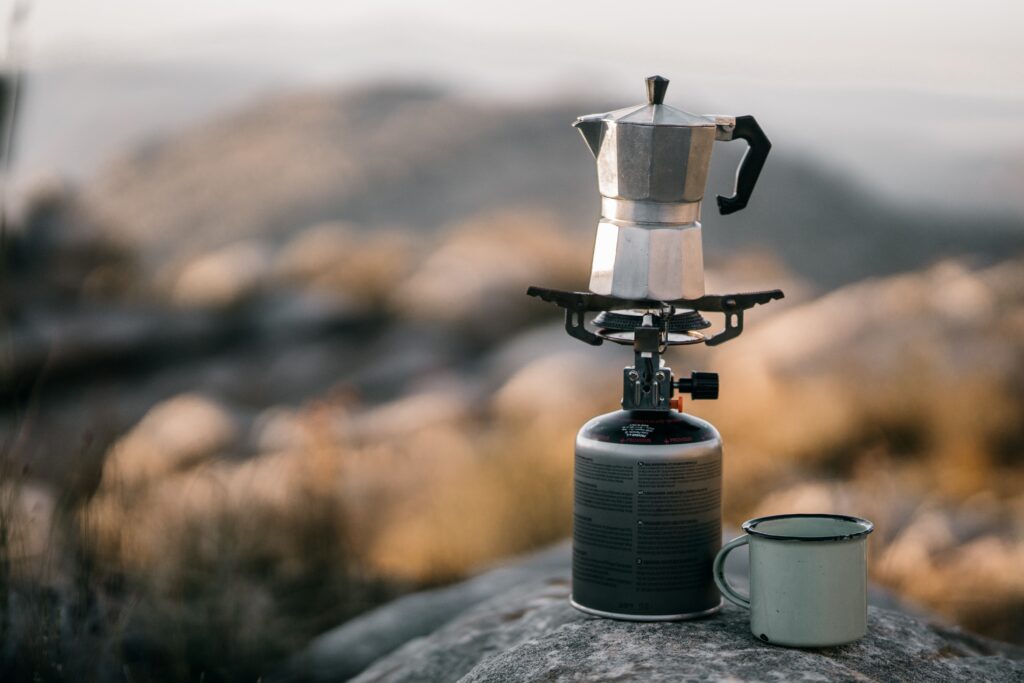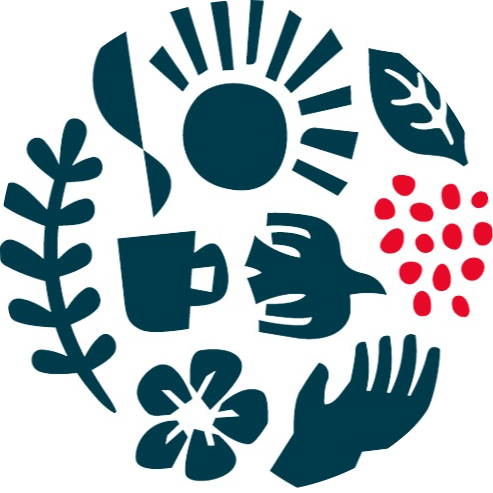If you’re a coffee lover, you’re in for a treat! We’ll explore on a flavorful journey to discover the richness of Panama coffee. Known for its exceptional quality and distinct flavors, Panama has emerged as one of the world’s top producers of specialty coffee.
Let’s look into the captivating story behind Panama’s coffee production, from the humble coffee bean to the exquisite brew that tantalizes our taste buds. Get ready to awaken your senses and learn about the world of Panamanian coffee like never before.
Geographical Significance of Panama
Panama’s geographical significance plays a crucial role in the exceptional quality of its coffee. Nestled between the Pacific Ocean and the Caribbean Sea, Panama’s diverse microclimates and volcanic soil create ideal conditions for coffee cultivation. From the cool mountainous regions of Boquete to the tropical lowlands of Volcan, the country offers a range of microclimates that contribute to developing unique flavors and aromas in Panama coffee.
Varieties of Panama Coffee
Panama is renowned for producing exceptional coffee varieties highly regarded in the specialty coffee industry. Among the notable varieties cultivated in Panama are Geisha (also known as Gesha) and Typica. Geisha coffee is celebrated for its unique and complex flavor profile, often exhibiting vibrant floral and tea-like notes with a delicate body and a clean finish.
On the other hand, Typica is a classic coffee variety known for its balanced flavor profile, characterized by notes of chocolate, citrus, and caramel, with a medium body.
The Coffee Growing Process in Panama
Panama’s coffee cultivation process involves planting coffee trees in shaded environments, harvesting ripe coffee cherries by hand, and processing them using either a washed or natural method. The cherries are carefully pulped, fermented, washed, and dried in the washed process, while in the natural process, they are dried whole. The dried beans are then hulled, sorted, and prepared for export or further processing.
Microclimates and Terroir
Panama’s diverse microclimates and terroir concept significantly influence its coffee flavor profiles. The varying temperatures and environmental conditions in different regions contribute to the unique characteristics of coffee beans.
Additionally, factors like soil composition, altitude, rainfall, and sunlight exposure, known as terroir, play a vital role in creating distinct flavors in Panama’s coffee, and combining microclimates and terroir results in a wide array of flavors for coffee enthusiasts to explore.
The Role of Altitude in Coffee Quality
Altitude is a crucial factor influencing the quality and flavor of coffee in Panama. The optimal altitudes for coffee cultivation in the country range from 1,200 to 1,800 meters above sea level. Higher altitudes provide favorable conditions for slower cherry maturation, leading to more sugars and acids, which enhance the complexity and desirability of the coffee’s flavor.
Sustainable Farming Practices in Panama
Panama’s coffee industry embraces sustainable farming practices, including organic methods, agroforestry, and water conservation. Certified farms, such as those with Rainforest Alliance and Fair Trade certifications, adhere to rigorous environmental and social standards. These initiatives ensure environmental preservation, support farmer well-being, and produce high-quality, ethically sourced coffee for eco-conscious consumers.
The Art of Coffee Roasting in Panama
Roasting is vital in transforming raw coffee beans into flavorful and aromatic brews. The degree and duration of roasting significantly impact the final taste and aroma of the coffee, as it develops distinct flavors, acidity levels, body, and aromatic compounds. Skilled roasters in Panama carefully monitor temperature and time to achieve the desired balance and bring out the unique characteristics of the coffee beans.
Panama Coffee Auctions
Panama is known for its prestigious coffee auctions, such as the Best of Panama and the Specialty Coffee Association of Panama (SCAP) auction. These auctions serve as platforms for showcasing the finest and most unique coffees produced in the country. They attract international buyers, creating opportunities for coffee farmers to gain recognition and secure premium prices for their exceptional coffees.
Specialty Coffee Cafes in Panama
Panama’s popular specialty coffee cafes like Bajareque Coffee House, Café Unido, and Casa Sucre Coffeehouse are known for their commitment to high-quality beans, expert roasting, and unique brewing methods. Panama’s coffee culture celebrates specialty coffees, showcasing the distinct flavors and characteristics of the country’s famous coffee varieties.
The Journey of Panama Coffee: From Farm to Cup
Panama coffee goes through grading, sorting, and packaging before being exported worldwide. After quality control and certification, it is roasted, packaged, and brewed to bring out its unique flavors. Efficient coordination and adherence to international standards ensure Panama coffee’s smooth export and availability globally.
Coffee Tourism in Panama
Coffee tourism in Panama allows visitors to experience the country’s coffee culture firsthand. Farm tours provide educational insights into coffee production and processing and opportunities to interact with local farmers and taste different varieties. From the renowned coffee estates in Boquete to the highlands of Volcan Baru, coffee tourism in Panama offers a unique and memorable journey into the world of coffee.
Panama Coffee and its Health Benefits
Panama coffee consumption may have potential health benefits, according to scientific studies. Its high antioxidant content is linked to reduced risks of chronic diseases like diabetes and certain cancers and improved cognitive function and physical performance. However, individual responses to coffee can vary, and moderation is advised.
Panama Coffee Traditions and Rituals
In Panama, coffee rituals and customs are significant in the culture. Coffee is a beverage and a social experience often shared among family and friends. Brewing and serving coffee is seen as a gesture of hospitality and a way to connect and bond with others, making it an integral part of Panama’s social gatherings and traditional customs.
Notable Panama Coffee Producers
Prominent coffee producers in Panama, like Ricardo Koyner and Graciano Cruz, have made notable contributions to the industry. Koyner is known for pioneering Geisha coffee cultivation, while Cruz has focused on promoting sustainability and empowering local farmers. Their efforts have helped enhance Panama’s coffee reputation and advance sustainable practices in the industry.
Panama Coffee Competitions and Awards
Panama’s prestigious coffee competitions, like Best of Panama and SCAP, highlight the exceptional quality of the country’s coffee. Award-winning coffees from these competitions gain international recognition, elevating the industry’s reputation and driving innovation.
The Global Demand for Panama Coffee
Panama coffee is in high demand internationally due to its reputation for high-quality specialty varieties, such as Geisha. Factors like sustainable farming practices and unique terroir contribute to its exceptional flavor, making it sought after in the global market.
The Future of Panama Coffee
Panama’s coffee industry faces challenges like climate change and labor availability but also benefits from opportunities like increasing global demand and the rise of specialty coffee. Emerging trends such as sustainable practices and advanced processing techniques contribute to the industry’s resilience and potential for success.
Conclusion
The journey of Panama coffee from bean to brew is a fascinating exploration of flavors, traditions, and dedication to excellence. Whether you’re a coffee lover seeking a rich and flavorful cup or an adventurer wanting to experience the vibrant coffee culture firsthand, Panama’s coffee industry offers a world of discovery. To enjoy the finest Panama coffee beans, visit Cherri Cafe, where you can savor Panama’s high-quality flavors.




